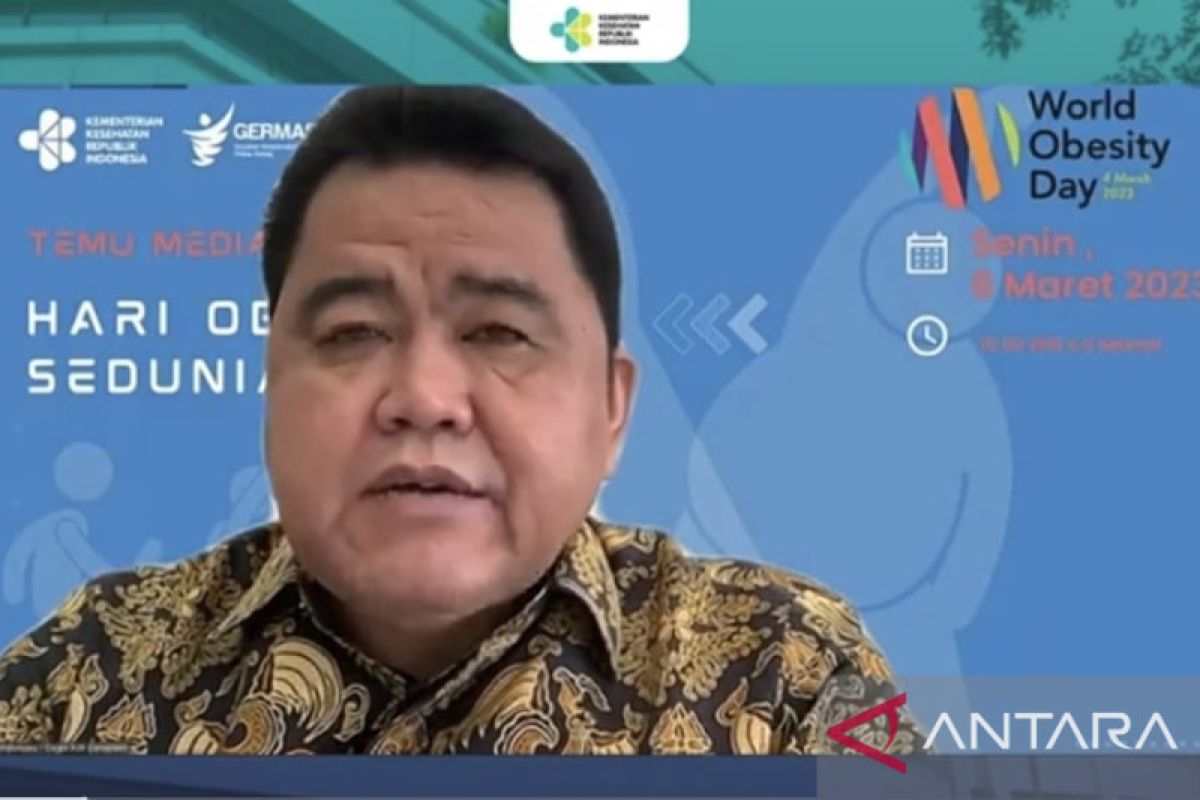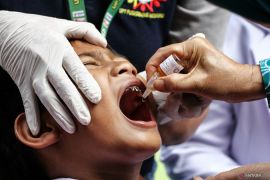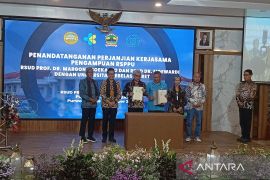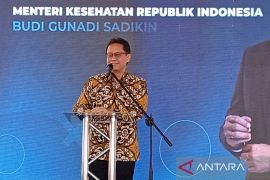"This year's global theme is 'Changing Perspectives – Let us Talk About Obesity' while the national theme is 'Recognize, Prevent, Overcome Obesity for a Healthier and Productive Life,'" the ministry's Director General of Disease Prevention and Control Maxi Rein Rondonuwu stated during a press conference to commemorate 2023 World Obesity Day in Jakarta on Monday.
With this theme, all stakeholders must actively discuss and change perspectives on obesity through concrete actions to reduce cases in Indonesia, he noted.
He highlighted that the first communication strategy was to raise the issue of obesity as a topic during formal and informal discussions among health workers, professional organizations, community organizations, and up to the level of policy makers.
For the second strategy, Rondonuwu encouraged to bring up the topic of obesity as part of collective efforts.
"We must change the perspective of obesity as an individual problem. We are trying to educate everyone to understand that there are other factors that influence obesity," he stated.
He also remarked that a joint movement is deemed necessary to tackle obesity in the community.
"Obesity is a global problem that requires real and effective joint collective action," he stated.
The third strategy is to formulate national efforts, starting from collective action to an evidence-based national action plan to prevent obesity, he remarked.
He pointed out that obesity is a global problem that affects around two billion people worldwide.
"By 2030, it is estimated that one in five women and one in seven men will live with obesity or the equivalent of one billion people worldwide. The prevalence of obesity is higher in women," he stated.
On the other hand, Rondonuwu said that apart from being a double burden in developing countries, obesity also triggers malnutrition.
In Indonesia, he drew attention to a doubling in obesity prevalence from 2007 to 2018, from 10.5 percent to 21.8 percent.
"Obesity is a risk factor for non-communicable diseases, such as diabetes, heart disease, cancer, hypertension, metabolic and non-metabolic diseases, and is the highest cause of deaths due to cardiovascular disease, kidney disease, and diabetes," he pointed out.
Rondonuwu pressed for conducting comprehensive intervention for tackling obesity since it also has an impact on economic losses caused by treatment costs.
"Health budgets in Indonesia are spent on non-communicable diseases, such as heart disease, blood vessel diseases, diabetes, stroke, and cancer," he noted.
Related news: 16-month-old Alvaro's obesity has genetic cause: ministry
Related news: Bekasi: Ministry offers to assist in treatment of obese toddler
Translator: Andi Firdaus, Resinta S
Editor: Rahmad Nasution
Copyright © ANTARA 2023












